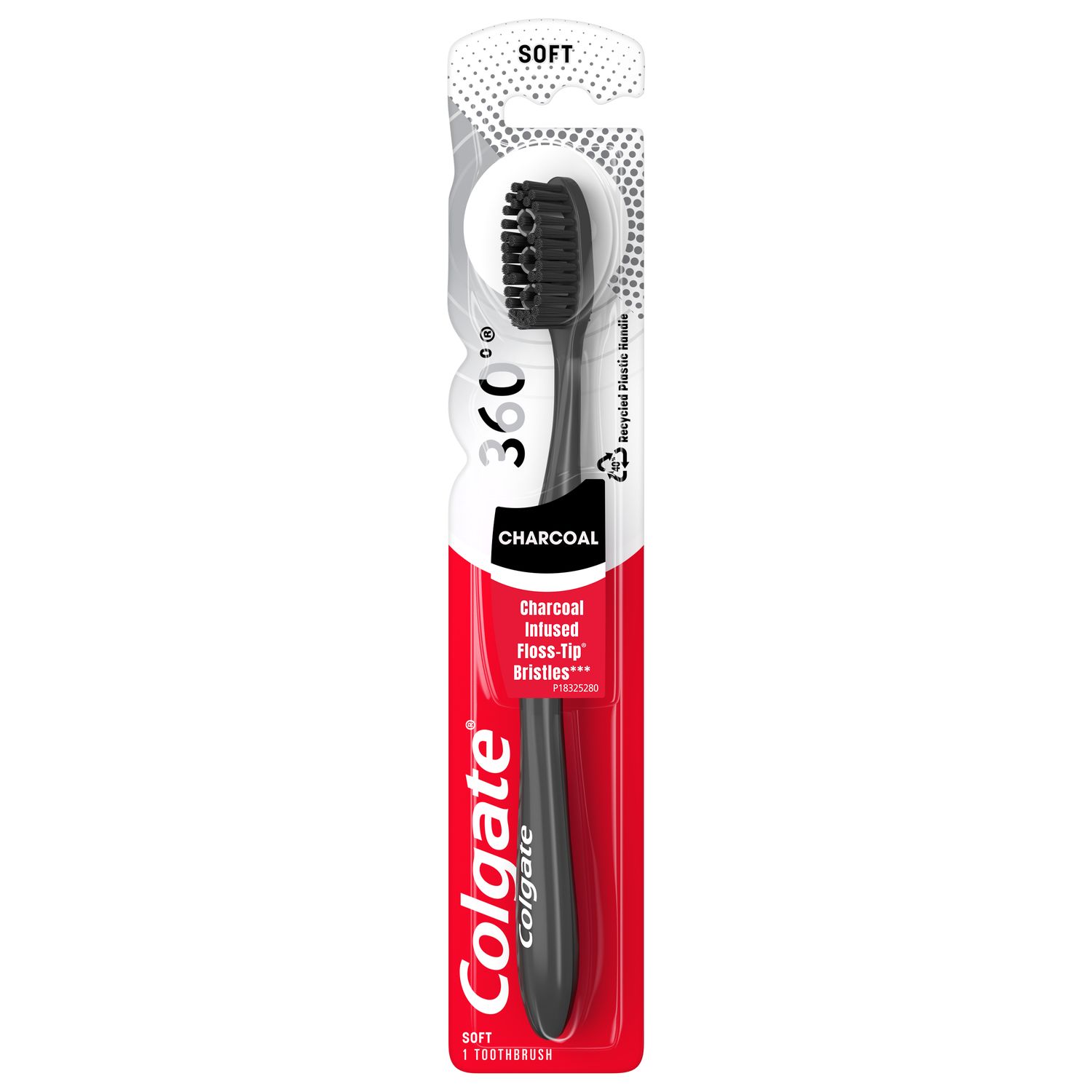What Is Gingivitis?
Gingivitis is a mild form of gum disease caused by plaque (sometimes referred to as biofilm) buildup on your teeth. It causes redness, irritation, and swelling of your gum around the base of your teeth.
Left untreated, gingivitis can turn into gum disease that can lead to tooth loss. The dental hygienist notices bleeding, swelling, and irritation while cleaning the teeth. These could be signs of gingivitis. With proper oral care and follow-up treatment, you can reverse the effects of gingivitis.
Bleeding Gums Treatment at Home
Brush and clean between your teeth better and often. Follow the instructions from your hygienist. A good dental care routine goes a long way in removing bacteria from your mouth that can inflame your gums. It can even help reverse early gum disease. Brush with a soft-bristled brush and clean between your teeth regularly. Brush twice a day and clean between your teeth at least once a day.
Use an antiseptic mouthwash. Your dental professional may suggest adding antiseptic mouthwash to your home care routine. Not only can an antimicrobial mouthwash help reverse gingivitis, but a mouthwash that reduces and eliminates bacteria in your mouth can also prevent inflamed and bleeding gums. Make sure to check and confirm that your mouthwash that has the ADA's Seal of Acceptance.
Eat better. Healthy foods improve your oral health by providing your gums with good nutrients. This means, eat more fruits and vegetables and less sugary foods, including refined bread. It can also help to eat foods with nutrients like vitamin K and vitamin C, as a deficiency in either of these foods can cause bleeding gums. Vitamin K can be found in leafy green vegetables, while foods like citrus fruits and bell peppers are rich in vitamin C.
Monitor stress. Anxiety can affect your oral health. Stress can increase inflammation in your body, which in turn can make your gums bleed easily. Stress also reduces your immune system's functionality. This makes it harder for your body to fight off infection. Additionally, stress makes you less likely to take care of yourself, which inevitably could mean brushing your teeth less.
Don't smoke. For many reasons, smoking is bad for your health. Teeth and gums included. According to the CDC, smoking weakens your immune system, making it harder for your body to fight off gum disease.
- Don't share drinking glasses or toothbrushes. Gum disease and bleeding gums are contagious. If your partner has a lot of bacteria in his or her mouth, then you're likely to increase your risk for gum problems.
Professional Treatment for Bleeding Gums
During your appointment, your dentist will examine the positioning of your teeth, jaws, and dental work, such as dental fillings, crowns, and bridges, to determine if there is an alignment problem preventing you from brushing or flossing effectively. If there is a problem, the dentist will make suggestions for treatment or strategies to overcome it.
Your hygienist will assess if you have gum recession through periodontal probing (gum tissue depth measuring). This probing will be repeated at appointments to see if gum health is improving or declining.
Your hygienist will go over proper brushing and cleaning in between teeth procedures to help you improve your oral care at home. Follow-up appointments, exams, and cleanings are essential for monitoring and reversing gum disease.
If you notice bleeding gums, it's essential to talk to your dental professional about it. Left untreated, bleeding gums can lead to gingivitis and more severe gum disease. Get your issue diagnosed sooner for the better. There are in-office procedures and things you can do at home to help reverse gum disease and improve your oral health.
This article is intended to promote understanding of and knowledge about general oral health topics. It is not intended to be a substitute for professional advice, diagnosis or treatment. Always seek the advice of your dentist or other qualified healthcare provider with any questions you may have regarding a medical condition or treatment.
ORAL HEALTH QUIZ
What's behind your smile?
Take our Oral Health assessment to get the most from your oral care routine
ORAL HEALTH QUIZ
What's behind your smile?
Take our Oral Health assessment to get the most from your oral care routine















